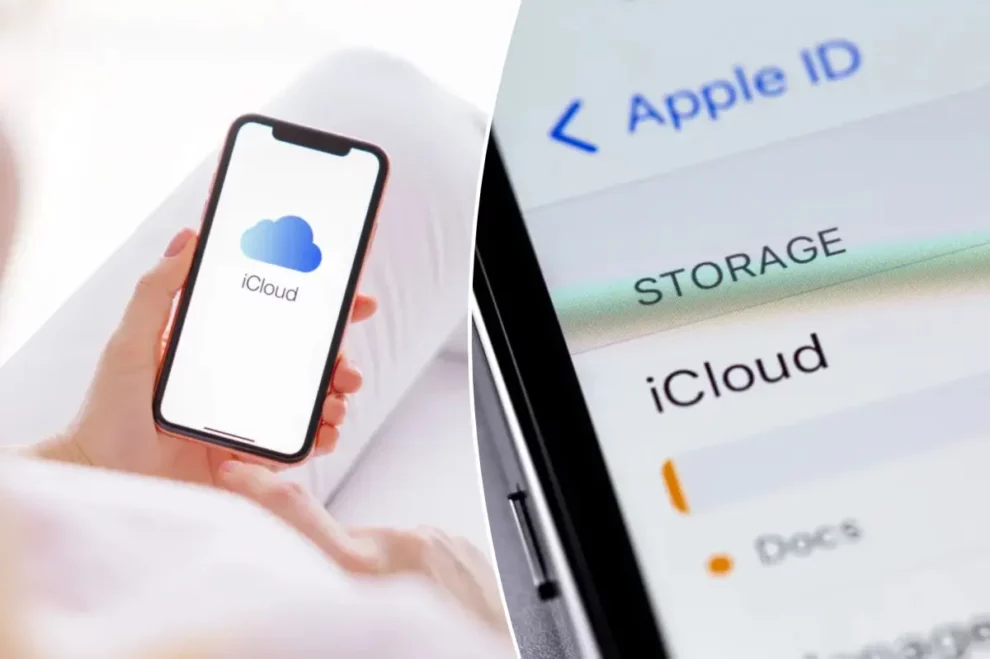Apple has officially terminated iCloud backup support for devices running iOS 8 or earlier, marking a significant transition in its cloud services infrastructure. The December 18 cutoff, announced to users last month, signals the tech giant’s continued push toward modernizing its cloud platform and leaves users of older devices scrambling for backup alternatives.
The change primarily impacts devices unable to upgrade beyond iOS 8, creating a technological divide that forces users of legacy Apple products to seek alternative backup solutions. While affected users can still preserve their data through manual backups using Mac or Windows computers, the convenience of automatic cloud storage is now beyond reach for these older devices.
This transition reflects Apple’s broader strategy of evolving its cloud infrastructure, which began with the introduction of CloudKit in iOS 9. CloudKit represented a fundamental shift in how Apple approaches cloud services, offering developers enhanced capabilities for managing data and user interactions within their applications. The framework provides a sophisticated backend service that simplifies the integration between apps and iCloud, establishing a more robust foundation for data management and user authentication.
The CloudKit system brought significant improvements to Apple’s cloud ecosystem. Its architecture enables secure data storage in iCloud, facilitating seamless information access across multiple devices while maintaining strict security protocols. The platform’s versatility allows developers to implement both public and private databases, providing granular control over data visibility and access permissions. This sophisticated approach to data management ensures user privacy while enabling collaborative features where data sharing proves beneficial.
For context, the latest iOS version, 18.2, supports devices dating back to the iPhone XS series launched in 2018. Similarly, the current iPadOS 18.2 maintains compatibility with tablets from the seventh-generation iPad onwards, which was released in 2019. This support timeline illustrates Apple’s typical device longevity, with most devices receiving software updates for approximately five to seven years after release.
The authentication process through CloudKit demonstrates Apple’s commitment to user convenience, leveraging existing Apple ID credentials to streamline app access. This integration eliminates the need for users to create additional accounts or manage multiple passwords, reducing friction in the user experience while maintaining security standards.
While this change may seem inconsequential to users of newer devices, it represents a critical juncture for those holding onto older Apple hardware. The termination of iCloud backup support effectively forces users to either upgrade their devices or adapt to more manual backup procedures. This situation particularly affects users who have maintained older devices for specific purposes or those in regions where regular device upgrades may not be economically feasible.
Fortunately, users whose devices can update to iOS 9 or later can restore their iCloud backup capabilities by performing the upgrade. However, for devices incapable of running newer iOS versions, this change marks the end of an era in terms of convenient cloud storage solutions.
This development underscores the ongoing challenge tech companies face in balancing support for legacy devices with the need to advance their technological infrastructure. As cloud services become increasingly sophisticated and security requirements evolve, maintaining compatibility with older systems becomes progressively more challenging and resource-intensive.
The timing of this announcement, coinciding with the holiday season when many consumers consider device upgrades, appears strategic. It serves as a gentle push for users of older devices to consider transitioning to newer hardware that can take full advantage of Apple’s current ecosystem of services and security features.
















Add Comment